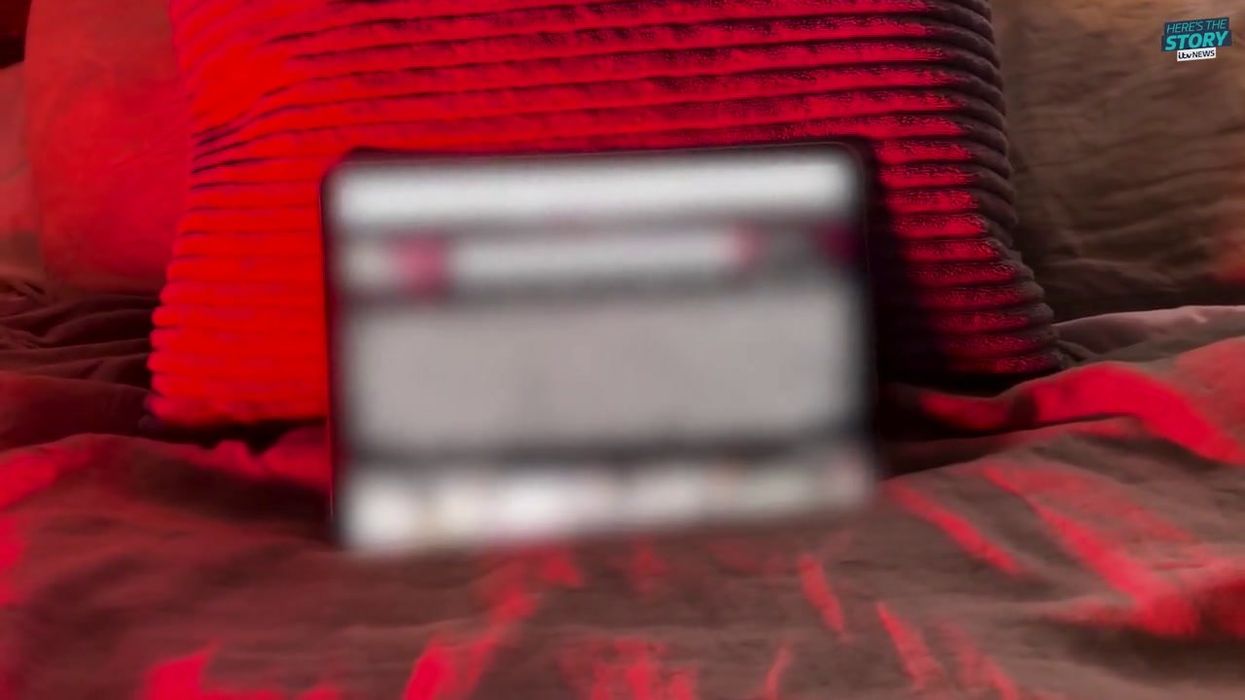Science & Tech
Becca Monaghan
Mar 11, 2023
I was in deepfake porn, fans think it's real — it can …
content.jwplatform.com
Deepfakes are worryingly becoming the new norm. Some can be rather lighthearted, such as ITV's Deep Fake Neighbour Wars, but others can have sinister motives.
A deepfake is a digitally altered video or image to depict someone else, sometimes without consent. They're often used with malicious intent or to spread false information from high-profile individuals.
In recent months, more celebrities and popular influencers have found themselves the target of deepfake porn, including Billie Eilish. A fake sexualised image of the star circulated online before TikTok eventually took it down – 11 million views later.
A TikTok spokesperson since said: "This content violates our Community Guidelines, which clearly states that we do not allow content which alters or morphs an image of another individual to portray or imply sexual suggestiveness."
In a separate incident, popular Twitch streamer Sweet Anita was horrified to learn her face had been used in X-rated material.
"I have never made a single drop of sexual content in my life, but now they just assume that I have and [that] I must want this," she told The Sun, before sharing her concerns for future job opportunities. "It could potentially get you fired from jobs in the future if people think you’ve done sex work. It affects your security [and] how people treat you. You are stigmatised."
It appears to be getting worse too, with Google searches for "deepfake porn" skyrocketing by 1,000% in the UK, reports Scams.info. A further 120 per cent of people were researching how to make one.
Sign up for our free Indy100 weekly newsletter
Cybersecurity expert Adam Levin became the youngest director in the history of the New Jersey Division of Consumer Affairs, one of the most powerful consumer protection agencies in the US. He has since appeared on The Today Show, Good Morning America and Bloomberg Surveillance, alongside co-hosting his podcast What the Hack.
He told Indy100 that deepfake porn is created mainly for profit – but also a strange way for people to "show off editing skills and click trolling."
"This sort of content predates the web," Levin explained, "Because it is mostly a digital activity now, it can be difficult, if not impossible, to trace back content to the person who created it."
Deepfake porn currently exists in a legal grey area – particularly when high-profile figures are involved.
Worryingly, Levin explained that "as long as every party involved is a legal adult, there aren’t very many laws on the books to prevent or punish the distribution of illicit content."
He claimed "it’s nearly impossible to remove any content published online, pornographic or otherwise," before adding: "That said, if all the parties are known, there may be legally actionable kinds of deepfake porn content."
As for how people can protect themselves against falling victim to deepfake porn, he said: "Unfortunately, the only way to avoid having your likeness used in a deepfake, porn or otherwise, is to not allow your likeness to be posted online.
"Any publicly accessible photograph makes you vulnerable to this activity."
Have your say in our news democracy. Click the upvote icon at the top of the page to help raise this article through the indy100 rankings.
Top 100
The Conversation (0)














